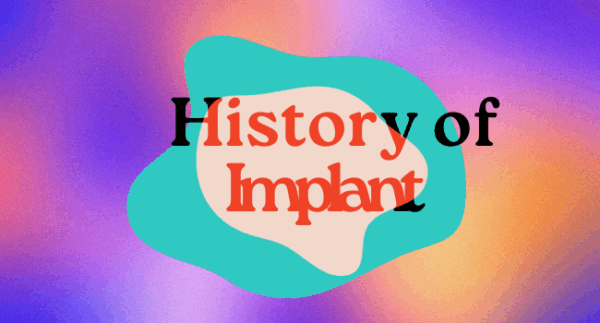Insights: Early Pregnancy Loss in Federally Qualified Health Centers
Written by Rory Tito, MPH
Early pregnancy loss (EPL), also known as miscarriage or spontaneous abortion, is the loss of a pregnancy in the first trimester (12 6/7 weeks) of pregnancy. EPL happens in 10% of clinically recognized pregnancies, and 1 in 4 people with the ability to get pregnant will experience EPL in their lifetime. The treatment options for EPL are expectant management, medication (mifepristone and misoprostol, or miso-only), or surgical evacuation.
Despite its prevalence, accessing treatment for EPL is becoming increasingly difficult, especially in states with restrictive abortion laws. Abortion bans have a negative impact on the availability of EPL care, as the two are often conflated, resulting in confusion and fear amongst providers and patients. Many trained providers are moving out of states that inhibit their ability to provide full-spectrum, evidence-based reproductive health care. Laws that prohibit abortion care vary state by state, and while some specify that care for early pregnancy loss is not criminalized, others do not. In some states, abortion bans prevent people from accessing care, even in cases of active or inevitable miscarriage, if any fetal cardiac activity is detected.
Further, federal restrictions around abortion provisions, such as the Hyde Amendment, create misinformation about who can provide this care. Many Federally Qualified Health Centers (FQHCs) provide EPL care because their patients face barriers to accessing care elsewhere, which results in better continuity of care than referring out, and many patients prefer to get this care with their primary care provider, who they know and trust. However, FQHC providers are often misinformed that they are not permitted to provide EPL care because of its similarity to abortion care. Not only are FQHCs allowed to provide EPL care, but they are permitted to do so within their health center scope of project, which ensures that these services can be supported by the section 330 grant, and are eligible for Medicaid Prospective Payment System, Medicare FQHC reimbursement, and Federal Tort Claims Act coverage (if FTCA deeming requirements are met). The State Medicaid Manual (Chapter 4, Section 4432, pages 4-428), published by the Centers for Medicare and Medicaid Services (CMS), states that “noninduced, naturally occurring abortions are not subject to the abortion restriction. Therefore, FFP (Federal Financial Participation) is available for the costs associated with treating spontaneous and missed abortions.”
Other barriers to providing comprehensive EPL care include a lack of clinical infrastructure to support care, medication not stocked, no ultrasound access, and a lack of clinical or ultrasound training. Sites that provide other reproductive health services, such as prenatal care, might find that they have much of the clinical infrastructure (ie. ultrasound) in place to provide EPL care. Partnering with sites with a high volume of EPL patients, hosting CE workshops, and reaching out to trusted partners like RHAP, ExPAND Mifepristone, and TEAMM can offer opportunities for training. Clinicians can become certified to prescribe mifepristone through either of the distributors of the medicine and utilize a certified pharmacy to dispense to their patients if they prefer not to stock the medication onsite. While it may take some time and planning, the ability to offer EPL care within your health center improves patient autonomy, choice, and access to care.
RHAP Resources:
Practical Guide on How to Provide Abortion Care at FQHCs and Title X Health Centers
FAQs On Integrating Abortion Into Community Health Centers
Toolkit For Integrating Medication Abortion in Primary Care
Protocol for Medication Management of Early Pregnancy Loss: Mifepristone and Misoprostol
Sources:
Pharma-free: The Reproductive Health Access Project does not accept funding from pharmaceutical companies. We do not promote specific brands of medication or products. The information in the Insights is unbiased, based on science alone.
Sign-up to Receive Insights Monthly!
If you enjoyed this Insights, sign up to have them delivered to your inbox! Insights are released on the fourth Tuesday of every month!
Sign-up to Receive Contraceptive Pearls Monthly!
If you enjoyed this Insights article, then check out our Contraceptive Pearls! Contraceptive Pearls are monthly highlights focusing on best practices in patient-centered, evidence-based contraceptive care. Read our latest Pearl here. You can sign up to have Contraceptive Pearls delivered to your inbox! Contraceptive Pearls are released on the third Tuesday of every month!

